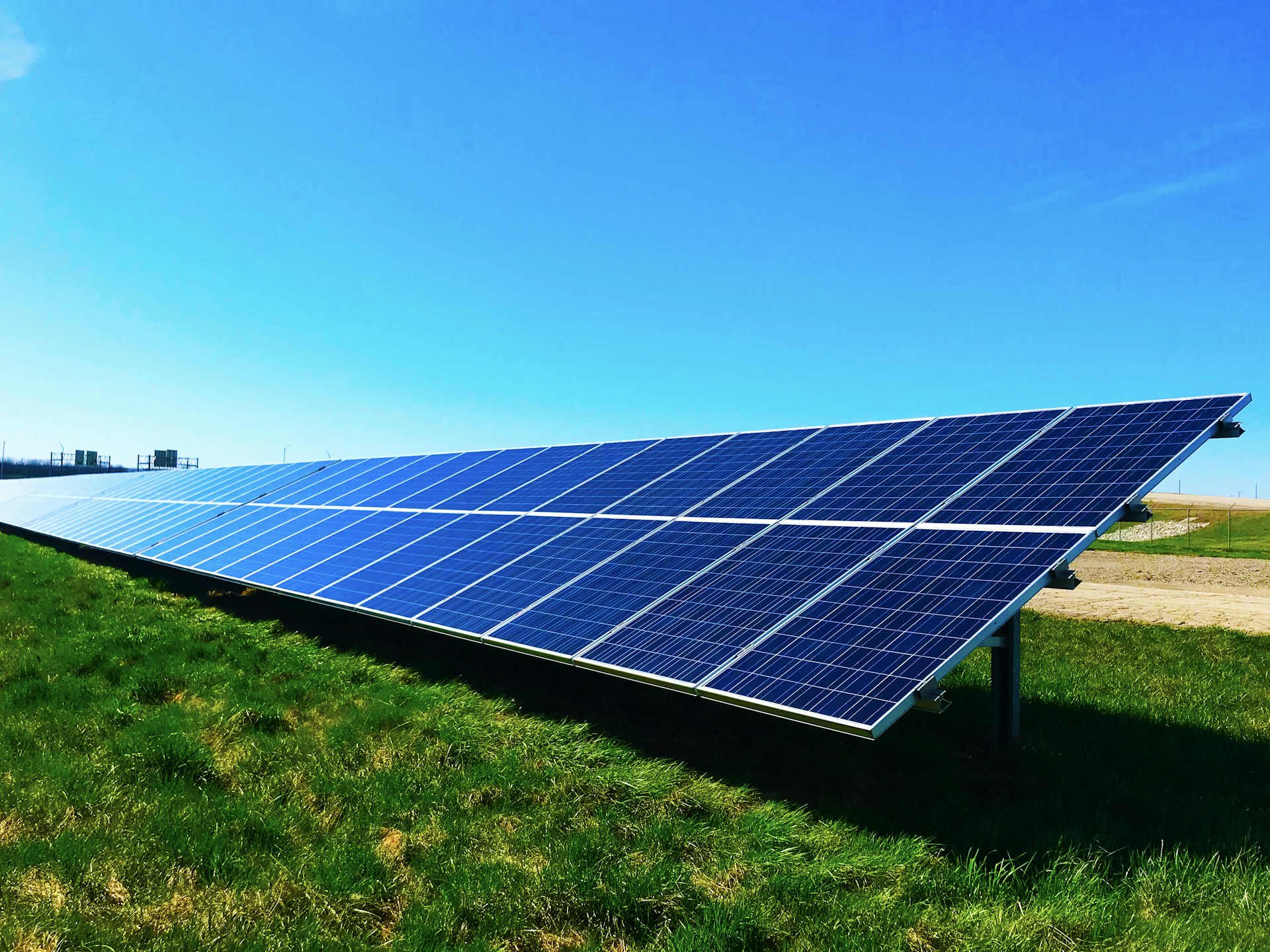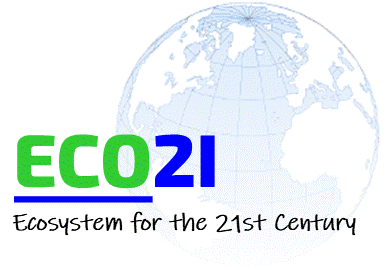
ECO Food & Farming
ECO food is central to the ECO21 initiative, promoting a healthy lifestyle and a regenerative ecosystem through local organic farming and fresh food consumption. By focusing on ECO Farming—including organic gardening, regenerative agriculture, and community-based practices—ECO21 supports plant-based food that benefit both people and the planet. ECO food helps reduce the risk of heart disease, diabetes, and obesity, while cutting greenhouse gas emissions by up to 73% compared to animal-heavy diets. The current global food system, dominated by meat and dairy, contributes 14.5% of global emissions, leads to deforestation, and wastes fresh water. In contrast, ECO food improves soil health, supports biodiversity, and reduces pollution. With the average meal traveling over 1,500 miles, industrial food systems increase carbon emissions and reduce nutritional value. ECO21 promotes urban farming, home gardens, and public green spaces to make food production more local and accessible. Whether growing herbs on a balcony or cultivating a neighborhood plot, everyone can participate. These actions not only support the local economy and affordability, but also strengthen community and reconnect people with nature.
ECO Homes & Furniture
ECO Homes and Furniture provide a sustainable, low-impact solution to climate change by reducing carbon footprints, conserving resources, and promoting self-sufficient living. As a key ECO21 initiative, these off-grid homes integrate solar panels, wind energy, rainwater capture systems, atmospheric water generators, and composting waste solutions to minimize environmental impact while ensuring energy and water independence. Unlike conventional housing, which contributes to deforestation, habitat destruction, and high emissions, ECO Homes utilize sustainable materials such as hempcrete, bamboo, recycled steel, and modular prefabrication, significantly cutting waste and lowering carbon output. Similarly, ECO Furniture, made from reclaimed wood, bamboo, cork, and upcycled materials, replaces plastic-based, resource-intensive furniture, reducing landfill waste and toxic pollutants. Designed for durability and recyclability, these furniture solutions support a circular economy by extending product life cycles and minimizing environmental harm. The off-grid placement of ECO Homes promotes land conservation and energy efficiency, enabling individuals and communities to live harmoniously with nature while reducing reliance on extractive industries. By integrating green architecture, regenerative design, and eco-conscious innovation, ECO Homes and Furniture make sustainable living more accessible, adaptable, and affordable, ensuring a healthier, more resilient future for generations to come.


ECO Village & Urban Design
ECO Village and Urban Design is about redefining the cities of the future, focusing on car-free zones, efficient public transport, and sustainable infrastructure to reduce pollution and enhance livability. As a long-time advocate for car-free cities, ECO21 has been promoting urban sustainability since the 1990s, working alongside global initiatives like CARFREE.com to create healthier, cleaner environments. Around the world, cities are embracing eco-friendly design—Masdar City in the UAE is a zero-carbon urban hub powered by renewable energy, with a driverless transportation system. Similarly, NEOM in Saudi Arabia is being developed as a smart, car-free, and carbon-neutral city, integrating solar and wind power with AI-driven infrastructure. In China, the Xiong’an New Area is being designed with green energy, extensive public transport, and minimal car dependency, while India's Amaravati envisions a 100% renewable energy-powered smart city. Meanwhile, historic European villages like Giethoorn in the Netherlands and Venice, Italy, have remained car-free for centuries, demonstrating the timeless benefits of pedestrian-friendly urban planning. These models highlight a shift towards walkable, green, and self-sufficient cities, reducing traffic congestion, emissions, and resource waste. Through ECO Urban Design, the world is moving towards sustainable, human-centric cities, prioritizing public transit, green spaces, and energy efficiency for a healthier planet.
ECO Materials
ECO Materials drive sustainable innovation by utilizing renewable and regenerative resources to replace environmentally harmful materials, creating opportunities for youth to launch impactful social enterprises. ECO21 researches biodegradable, low-carbon, and regenerative materials such as mycelium-based products, algae-derived bioplastics, bamboo, hempcrete, cork, and recycled textiles to reduce waste and pollution. Unlike concrete, plastic, and fossil fuel-based products, which contribute to 40% of global carbon emissions and over 300 million tons of plastic waste annually, these eco-friendly alternatives support sustainable product design, green architecture, and circular economies. Mycelium-based materials provide biodegradable solutions for packaging, insulation, and furniture, while algae bioplastics absorb CO₂ and replace petroleum-based plastics. Young innovators can develop social enterprises by creating sustainable fashion lines, zero-waste packaging startups, eco-construction materials, and upcycled product businesses, fostering a green economy that benefits both people and the planet. By prioritizing ECO Materials and DIY innovation, youth can lead the shift toward sustainability and build a more regenerative future.


ECO Energy
ECO Energy is about harnessing solar and other renewable energy sources to empower communities, especially youth, through innovation, hands-on learning, and social enterprise. By promoting DIY solar panels, wind microgrids, small-scale hydroelectric systems, and biogas solutions, ECO21 fosters clean energy independence, reducing reliance on fossil fuels, which contribute to 75% of global emissions. These sustainable, low-cost energy solutions provide reliable power for homes, schools, and businesses, while localized microgrids enhance resilience in both urban and rural areas, preventing power disruptions and ensuring energy access. DIY solar-powered water pumps and lighting systems improve agriculture, education, and public health, while biogas digesters convert organic waste into clean cooking fuel, reducing deforestation and indoor air pollution. By integrating renewable energy consulting, installation, and eco-friendly product development, youth can launch social enterprises that drive climate action, economic empowerment, and energy security. Through hands-on training programs and community-led solar cooperatives, young innovators gain the skills to create scalable, impact-driven solutions, accelerating the shift toward a carbon-free future. By prioritizing ECO Energy and DIY solutions, we build a more sustainable, just, and self-sufficient world for future generations.
Let's build a better world together!
© 2025. All rights reserved.
